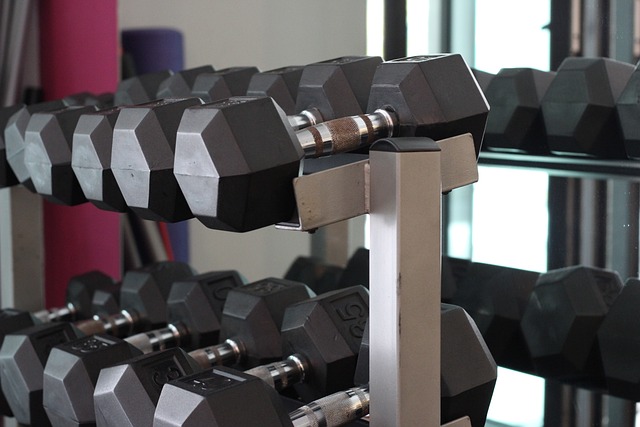Older men take notice. You need to be aware of whether your diet consists of the right kinds of foods. Thinking about nutrition goes way beyond eating an iceberg lettuce salad twice a week. One must understand that it takes a variety of fruits, vegetables, whole grains, proteins, and healthy fats to build a nutritious diet. Plus, once a man reaches 50, he should not eat the same as he did in his earlier years.
How Many Calories Per Day?
Because older men may not exercise as much or have as much muscle mass as they once had, they will need to reduce total daily caloric intake. For instance, a man who is sedentary (not active) should consume approximately 2,000 calories per day. A very active man can consume more calories, from 2,400 – 2,800.
Calcium is Key
Men benefit from consuming calcium. Consider the following information from the Academy of Nutrition and Dietetics: “Older adults need more vitamin D and calcium to help maintain strong and healthy bones. Calcium-rich foods include low-fat and fat-free dairy like milk and yogurt, fortified cereals and fruit juices, dark green leafy vegetables and canned fish with soft bones. Older adults need three servings of calcium and vitamin D every day. If you take a calcium supplement or multivitamin, be sure to choose one that contains vitamin D.”
Fabulous Fiber
Another issue that older adults encounter can be difficult to discuss. It may even make a grown man blush, but constipation can become a problem as a man ages. Those men who suffer from constipation can benefit from increasing fiber intake. The Academy of Nutrition and Dietetics recommends that men should ingest approximately 30 grams of fiber per day. This can come from a variety of sources, including raw carrots, popcorn (no butter!), and many other fruits and vegetables.
Water, Water, and More Water
As humans age, their thirst mechanisms become increasing less effective; therefore, those 50 and older need to make sure to drink enough water each day. This means that even if a man doesn’t necessarily feel thirsty, he still needs to drink this fluid to avoid becoming dehydrated. Basically, water remains an important component of the digestive process, and along with fiber, it can reduce the likelihood of problems with constipation.
Limit Fats and Sweets
Fats and sweets should also be limited as men age. These substances, although tasty, do not offer the nutritional benefits that the human body craves. Although it doesn’t hurt to have dessert once in a while, it is best to leave the sweets for special occasions. Men should also steer clear of fried foods, including French fries and onion rings.
Excellent Internet Resource
Choose My Plate.gov is an excellent resource concerning nutrition facts. Sponsored by the USDA, this website has a plethora of information on what types of food a man (or woman) needs to eat each day, as well as a tool to come up with a personalized diet plan. Why not check it out today, and make nutrition a priority in your life?











